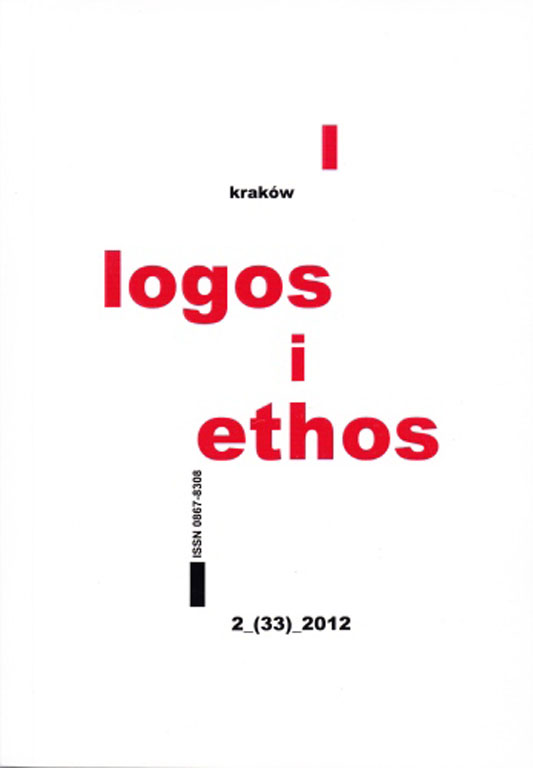Am „Leitseil des Wortes” zum Verständnis des Menschen. Denken mit Ferdinand Ebner und Józef Tischner
DOI:
https://doi.org/10.15633/lie.187Abstrakt
The question of the human being remains as topical as ever in spite of or even because of actual developments. We try to tackle this problem with two philosophers who focus on the subject of the „human being”: Józef Tischner and Ferdinand Ebner. Without doubt, the strength of Tischner (the Polish „philosopher of Solidarity”) is his ability to identify the main questions of his time; while Ebner’s strength is his method of „holding onto the rope of the word”. So we take advantage of each one’s strengths: we apply Ebner’s method to Tischner’s themes, to better understand the dialogical concept of the human person, an intrinsic aspect in the thought of both. First we present what it means to „hold onto the rope of the word”. For Ebner, the primordial characteristic of the human is that „man has the word”, so the „holding onto the rope” of this word means to see the human always in a dialogical, existential, actual, true and loving way, and to remain open to the „transcendent” dimension. We analyse further three of Tischner’s most important themes: „the good”, „freedom” and „hope” while „holding onto the rope of the word”. This lets us see some facts with remarkable clarity: that „the good” (primal in the human being himself) appears to us only in word (in relation), so „I and Thou” can be good only in relation to one another, not in „«I»-aloneness”. Freedom and hope are likewise possible only in an interpersonal „I-Thou” context and they become real in the word. In order to speak about them in depth, we must employ the concept of the word; we must „hold on the rope of the word”.
Pobrania
Opublikowane
Numer
Dział
Licencja
Prawa autorskie (c) 2012 Krzysztof Skorulski

Utwór dostępny jest na licencji Creative Commons Uznanie autorstwa 4.0 Międzynarodowe.
Autorzy publikujący w czasopiśmie udzielają jego wydawcy zgody o następującej treści:
- Autor zachowuje autorskie prawa majątkowe do utworu, a jednocześnie udziela wydawcy czasopisma zgody na jego pierwszą publikację w wersji drukowanej i wersji online na licencji Creative Commons Uznanie autorstwa 4.0 Międzynarodowe oraz zgody na wykonywanie opracowań, w tym przekładów.
- Autor ma możliwość udzielania zgody niewyłącznej na opublikowanie utworu w wersji, która ukazała się w czasopiśmie (np. zamieszczenia go w repozytorium instytucjonalnym lub opublikowania w książce), wraz z informacją o jego pierwszej publikacji w czasopiśmie.
- Autor może umieścić swój utwór online (np. w repozytorium instytucjonalnym lub na swojej stronie internetowej) jeszcze przed zgłoszeniem utworu do czasopisma.

